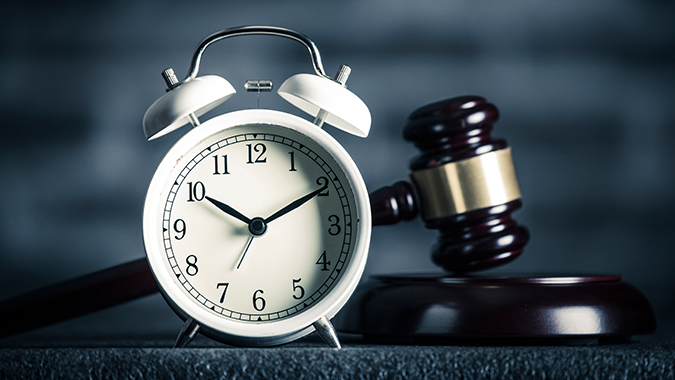At the start of the year, I stepped on the scale and was shocked to see 260 pounds, the highest weight ever. Over the past three years, my body has been ravaged by COVID-19, which I contracted three times. For the past 19 years, I have been a referee for football for Little League to High School games. Last season, I felt slower and exhausted by the final quarter of high school games. Fatigue can dull focus, and I realized I needed to be healthier to perform better as an official.
On April 1st, I set a goal to lose 25 pounds or more before the start of the football season on September 9th. However, what I discovered through this process was far more beneficial in learning to achieve this or any goal. Here is what I learned:
1. Make a Decision
Deciding to make a change is often the hardest part. For me, seeing the scale was the catalyst. While I knew I needed to change, letting others know might be even more important. Accountability to others can be more motivating than self-accountability. Informing those around you helps them understand why you are making certain decisions.
2. Get a Coach
Most people do not realize they cannot achieve goals alone. If they could accomplish their goals independently, they would have done it already. I wanted not only to lose weight but also to become stronger and healthier to start the season. Knowing I needed more than just a diet, I sought guidance.
Most people ask someone they trust for advice, so I asked my son. He had recently passed the physical test for firefighters, and I watched his body change as he trained for the test. While very patient with me, he was obviously at a different level than me. Luckily, I found an app that scanned my body, provided a suitable exercise routine, and adjusted the intensity as I progressed. Finding the right coach or tool is essential for guidance and motivation.
3. Track the Right Thing
Tracking your activities and knowing what metrics produce the right results is vital. Initially, I focused solely on lowering my weight, weighing myself daily. After three weeks without losing weight, I felt frustrated and considered changing my approach. However, I realized I should have tracked my body measurements instead of weight after I had to use the last hole on my belt. It is more important to measure your activities than results. I switched to tracking the exercises daily and only looked at weight and body measurements weekly. Track the things you have control over daily, not the results. They will come.
4. Be Consistent
Creating a new habit is crucial for achieving your goals. Finding a routine that works for you is key. I experimented with working out at different times of the day and sought advice from others. Eventually, I settled on morning workouts, as evening activities often disrupted my consistency. However, what kept me motivated was the “Activity Streak” feature in my app, which awarded points for completed exercises and encouraged me to maintain a streak. After 30 days of consistent activity, I was determined to keep it up, no matter what.
I also realized that others also noticed me in the gym every day. Once they understood I would be there every day, they were more open to giving and accepting advice and compliments. Consistency creates credibility; credibility creates trust. People buy based on trust.
Conclusion
My goal is to be healthier and stronger for the football season. Today, I lowered my weight to 242 pounds, with a goal of 235 pounds. More importantly, I’ve learned the importance of making a decision, seeking guidance, tracking the right metrics, and staying consistent. These four elements are crucial for achieving any future goal.










